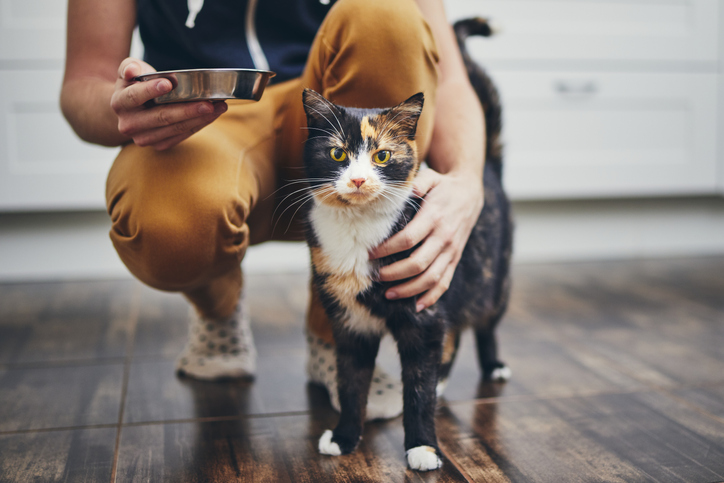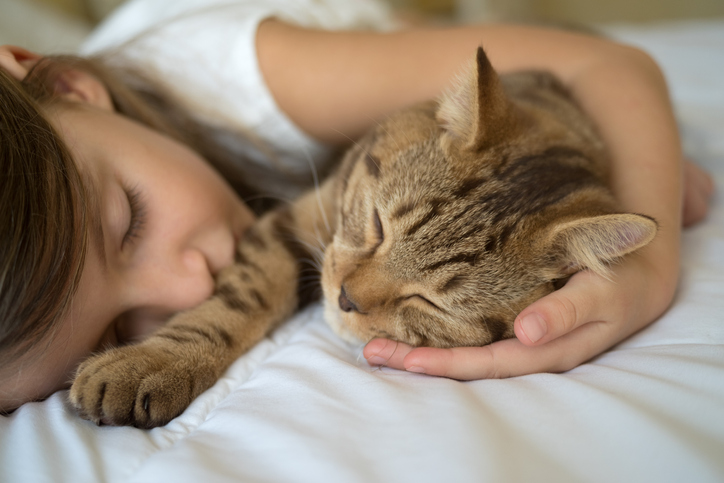Cats are different.
As my anatomy professor, Dr Ed Smallwood, used to say: “A cat is NOT a small dog!”
Some cats are cuddly, some are aloof. Some love other cats. Some hate any other cat.
But one thing is for certain: when you have a good cat who allows you to live with them, it’s pretty fantastic.
And there are a lot of benefits to living with a cat! A 2008 study found that cat owners were 30% less likely to have a heart attacks. Their purr has been shown to lower stress and blood pressure. They can help autistic people communicate and help battle depression. They offer unconditional love (on their terms, of course) and most importantly: are the stars in some of the funniest videos on the web!


